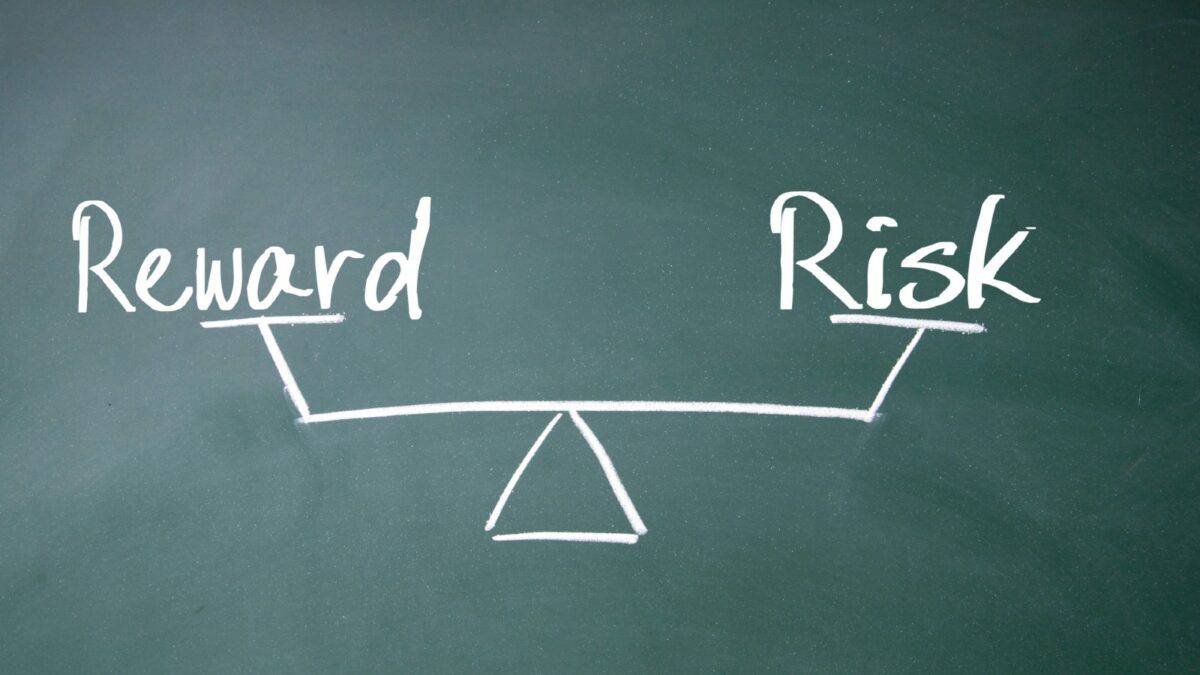I love buying cheap shares but it’s risky too. Just because a stock’s fallen sharply, doesn’t mean it can’t fall again. Especially if the company in question has become a national laughing stock. Which brings me to former FTSE 100 asset manager abrdn (LSE: ABDN), now languishing in the FTSE 250.
Markets had high hopes when fund managers Standard Life and Aberdeen Asset Management sealed their £11bn merger in March 2017. Standard Life Aberdeen would be second-largest fund manager in Europe with £670m under management, and realise a hefty £200m in cost savings. Then it all went wrong.
Standard Life Aberdeen had too many funds and had to cull more than 100. The merger triggered a bitter legal fight with Lloyds, which pulled £25bn of its fund mandate.
Should you invest £1,000 in Abrdn right now?
When investing expert Mark Rogers has a stock tip, it can pay to listen. After all, the flagship Motley Fool Share Advisor newsletter he has run for nearly a decade has provided thousands of paying members with top stock recommendations from the UK and US markets. And right now, Mark thinks there are 6 standout stocks that investors should consider buying. Want to see if Abrdn made the list?
FTSE 100 foul-up
Strengths turned into weaknesses. Aberdeen was an emerging market specialist, but the BRICs block had fallen. Standard Life was renowned for its Global Absolute Return Strategies (GARS) fund, once the UK’s most popular worth £24bn. It has now closed.
Then came that name change. How social media laughed when the group rebranded as abrdn in 2021, in a bid to be “more modern, dynamic and engaging”. Three years on, chief investment officer Peter Branner is still hurting, accusing the media of “corporate bullying” for continuing to make “childish jokes” about the name change. Social media laughed all over again.
abrdn has fallen out of the FTSE 100 not once but twice, in August 2022 and again last summer. Its shares are down 25.58% over one year and 44.93% over five. It skipped the recent stock market recovery too. Today’s market-cap is just £2.71bn, down a staggering 75%.
This has gone on long enough. So could there be an opportunity here?
I’ve always thought of fund managers as a geared play on the stock market, as a bull run drives customer inflows and assets under management. The downside is that a bear market does the opposite.
High-yield but is it safe?
Once interest rates are finally cut, I think investment sentiment will pick up. Also, savings rates and bond yields will fall, and that will make the Aberdeen yield look more attractive too. So should I buy it?
The abrdn share price now looks pretty cheap, trading at 10.1 times earnings. It’s forecast to yield 9.4% in the year ahead.
That sky-high yield looks vulnerable. It’s size is purely down to the falling share price. The dividend was cut from 21.6p to 14.6p per share in 2020, and has been frozen at that level for three years. Worryingly, dividend cover is forecast to fall from one to just 0.8 next year.
abrdn enjoyed a positive first quarter with net inflows of £800m, boosted by stronger markets. That’s a big improvement on last year’s £6.2bn outflow. Assets under management rose 8% year-on-year to £507bn.
The board is driving through a transformation programme, cutting costs, streamlining funds, shifting from active to passage strategies. Buying the Interactive Investor platform seems a positive move. Things can only get better, can’t they?
I’ll invest, but only a modest £1,000 while I get a feel for things. That would buy me 657 shares at today’s price of 152.15p. Cheap shares are risky, but abrdn finally looks like a risk worth taking.








